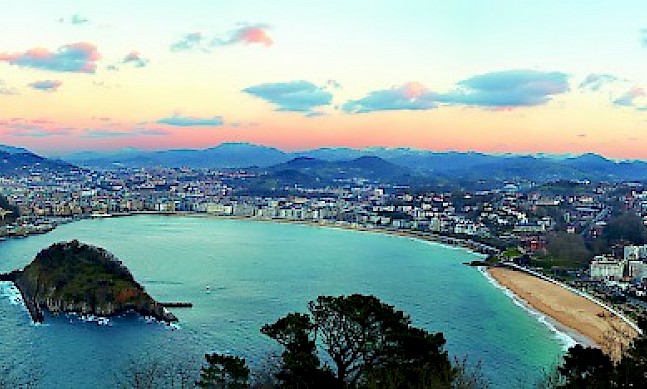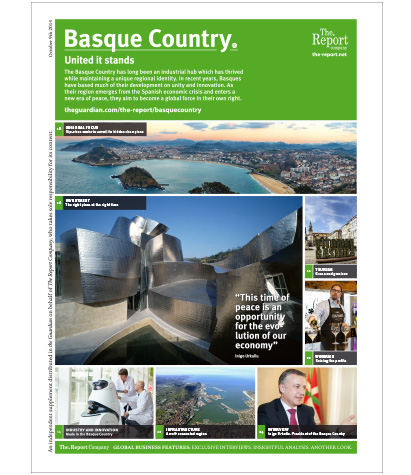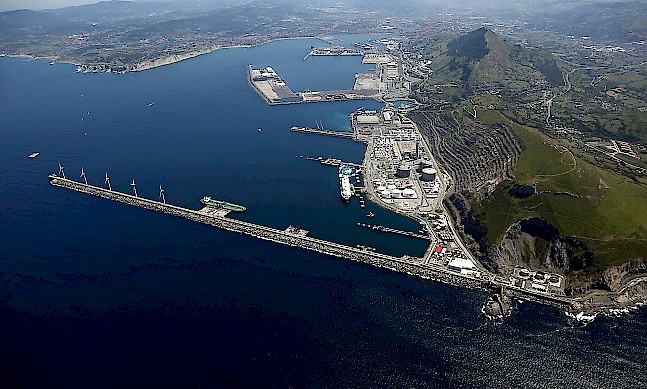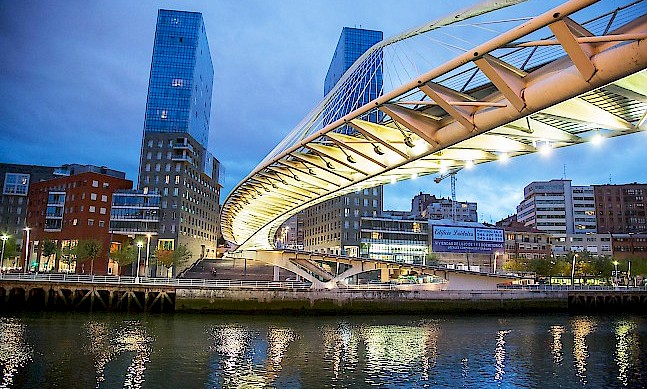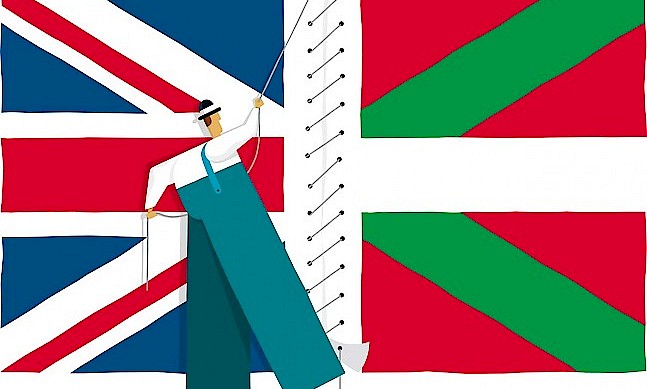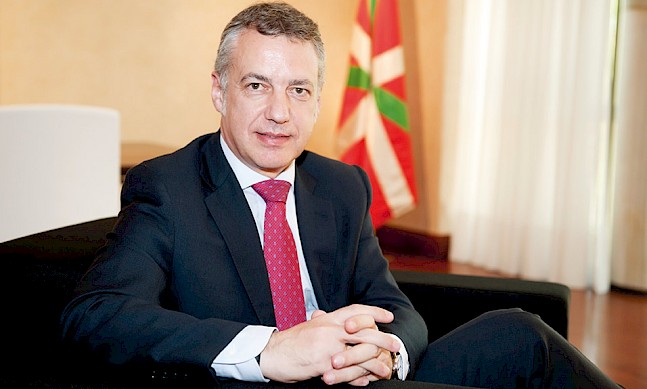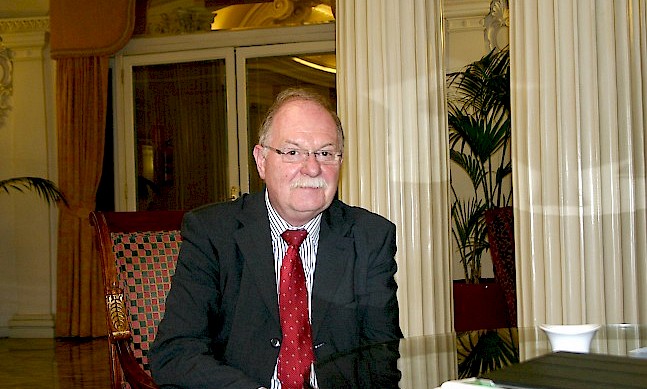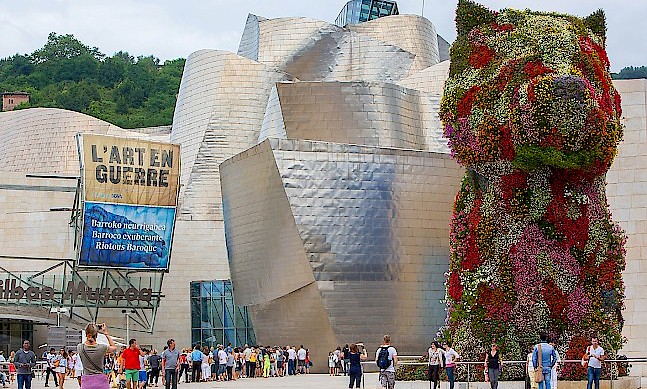With a background in the medical profession, Juan Karlos Izagirre became the fifth mayor of San Sebastian in 2011. He spoke to The Report Company about the unique way he governs his city, highlighting his progress in changing and diversifying the city’s picture-postcard image.
The Report Company: How would you describe San Sebastian?
Juan Karlos Izaguirre: The Basque Country is a very varied place. We have different landscapes, people, and areas, and each area has its own character. Gipuzkoa is the historic centre of the Basque Country. It has been important throughout history and still is nowadays in terms of landscapes, people and Basque culture. It's a very small area, but is very varied.
San Sebastian, its capital, is very fashionable. A lot of people visiting Europe for the first time come here. We are at the same level as capital cities we never dreamed it would be possible to compete with. And we are also a city that is trying to make headway in social programmes. We are trying to involve people in politics and to use culture as a tool for social cohesion. In recent decades, San Sebastian saw a lot of violence. Now though, in these exciting times, it's making a big contribution to building peace. The city has become a reference point for normalising the region and opening it up with regard to tourism, food, and culture.
TRC: What false perceptions do you think people have about the Basque Country?
JKI: It depends who you ask. If you ask people within Spain, they may think that we are a violent people, due to the political conflict that existed. They may even think we hate other parts of Spain. But that has absolutely no basis in truth. The Basque people have always been peaceful throughout history. We have exchanged culture, arts and crafts and business with the entire world, and never in a violent way. We have never invaded anyone else. When they come here, some peoples' perceptions change radically. They say we're initially a bit cold, but then we fall over ourselves to be hospitable. We have carried out surveys where the most valued quality, above La Concha bay and the cuisine, was the warmth of the locals.
However, if you go to Europe or the rest of the world, if people know anything about the Basque Country, they know we're more than just our surroundings. They know we are a hard-working people, very attached to our land, and that we have our own culture that we proudly defend. They know we are open to the world and that we are a region of both immigration and emigration.
TRC: How do you promote the city abroad?
JKI:San Sebastian has an office that works towards broadening what we can offer tourists. In recent years it has been focusing on internationalisation. Today, for the first time in three years we are welcoming more foreign tourists than Spanish. The office has worked on de-seasonalisation, so that tourists come all year round not just during summer. We offer them culture, cuisine, activities related to the film festival, although that has its own promotion team, and sporting activities. It's very important for the government that every person who comes to the Basque Country knows that is part of European culture, but also that it has its own unique characteristics different from Spain and France. No better or worse, just different.
“We're trying to become a model city with regard to inhabitants participating in political decision making.”Tweet This
TRC: What are the specific qualities of San Sebastian that make it stand out from other cities?
JKI: San Sebastian was thought of in picture-postcard terms for many years, with La Concha bay its unique selling point. People came to spend summer here and enjoy the film and jazz festivals. But I think San Sebastian is much more than just that. The heart of San Sebastian is its inhabitants. San Sebastian is a city of 185,000 inhabitants, but it has 12 cultural venues and an active cultural life. There is something on every day of the year. This sort of fades into the background though. What we are selling is the fact that the city is alive 365 days a year. And in that aspect, and cuisine, it's ahead of Bilbao, Vitoria and Pamplona. We are more similar to the northen Basque coastline for example Biarritz, that had a similar tourist industry to here and it was an industry that earned a lot of money.
San Sebastian is the capital where people speak Basque the most. It's also full of small businesses, which adds character to the city. Recently we've been trying more social policies to counteract the crisis. Nobody is doing that in the rest of the country; only a few cities in Europe are. We're trying to become a model city with regard to inhabitants participating in political decision making. These aren't things that interest tourists, but they keep the city alive.
TRC: Can you give us some examples of the social programmes you have implemented?
JKI: We came to power in 2011 and realised that the suburbs had been neglected in favour of the city centre. Therefore, since our first day in government we have been organising meeting for all neighbourhoods to discuss their concerns. For example, there are two riverside neighbourhoods in the city, on the Urumea river. They are at risk of flooding more often when the river bursts its banks. We've entered into a series of commitments so that these areas become a priority. They are far from the city centre but we are investing heavily in them. And not only with other administrations. Since day one we told people we wanted them to be involved and we've achieved something quite new, which is that all the decisions made happen in a commission involving the Basque government, the provincial council, central government in Madrid, the city council, and the people themselves. We're trying to involve people in political decisions so they experience their neighbourhood's transformation first hand. People have always lived on the banks of the Urumea, but it's a place with enormous potential for the city. If our policies work, the river will become a tourist attraction. By looking after it and building walkways, there's the potential for the area to be really pretty. These are areas of the city that nobody knows about, but nevertheless they exist. That's one example of how we're trying to move the city away from its postcard image, and bring up other areas, letting the inhabitants feel involved and get excited about the transformation.
“For a city to be a happier place in general, it's very important for people to be active in the life of the city. You need to make people feel involved and that they can suggest ideas and make criticisms; that they are in charge.”Tweet This
TRC: How would you describe your approach to running the city?
JKI: Our way of governing is centred on involving everyone and we have received a lot of criticism for it. When we came to power, nobody was expecting us to win. Our message was that we were going to govern in a different way. That way is not making decisions from the top down, but rather from the bottom up. We don't want to decide what park to build or which performances we put on from behind our desks. We want people to put forward ideas and we will then make decisions according to what they want. That's what we're trying to do, even though lots of politicians don't like it.
For a city to be a happier place in general, it's very important for people to be active in the life of the city. You need to make people feel involved and that they can suggest ideas and make criticisms; that they are in charge. For many years, politicians have been really scared that people would get organised. However, we believe that people are an important tool for anyone who wants to govern well as they almost do the job for you. We are in a process of continuous participation based on full disclosure and complete transparency.
TRC: How do you balance the city's needs with those of local businesses?
JKI: The job for those in power is to coordinate and find consensus between the different concerns in the city. We have to bear in mind what neighbourhoods, businesses, the tourist sector and industry want, in such a way that they all feel listened to and that their requests have been taken seriously, even if the answer is no. They need to feel that it is a reasoned no.
TRC: How is San Sebastian involved in the cluster model?
JKI: In a place where there are so many small businesses, clusters are important. We have businesses that offer completely different things. However, if you put them all together, what they are offering increases in value. I don't know if the council is obliged to do it but if we do, businesses really benefit from it. Together they can achieve what they couldn't alone.
We have implemented several clusters. We are currently running one related to the food and agriculture sector. We link producers with restaurants, big refectories, and even families who want to have a direct relationship with the producer. Surfing is another example. San Sebastian is a reference point for the sport and we are doing everything we can to ensure people have access to the beach but also that there are courses and exchanges with other cities. You work on all these projects, and you realise that you're generating a series of synergies between people working individually, which improves the end result a great deal.
“We have increased the amount spent on supporting businesses sevenfold. Last year we increased resources for social programmes by 100 percent”Tweet This
TRC: How is San Sebastian faring in the crisis?
JKI: During the economic crisis, normal politicians cut social, cultural, and cooperative programmes. In San Sebastian though, we have done exactly the opposite. From investing €1 million in business in 2010, we invested €12 million in 2012, €7 million in 2013 and €7.5 million this year. We have increased the amount spent on supporting businesses sevenfold. Last year we increased resources for social programmes by 100 percent.
There are people who have the right to benefits, paid to them by the Basque government. However, some of these people were told they wouldn't get paid. We took on that responsibility, using funds from other areas. We also found another €1 million to pay the people left without assistance. We are increasing funding for culture, and we haven't cut a single euro to cooperation. In the middle of the crisis, with 25 percent less income than we had in 2008, we are not only maintaining levels of funding, but we are also increasing it. We've had to cut investments though. We may not be able to undertake any big infrastructure projects, but people are well looked after.
TRC: What is your approach to culture?
JKI: Culture has always been seen as a product to be consumed. However, I'm also interested in its production. We are working on a very important project, which will open next year. Tabacalera is an international centre for contemporary culture, which will focus on giving local and international creators of culture the opportunity to work with different artist from different cultures and different disciplines. In this way we can make the process of creating culture more valuable and use it as a teaching tool for other creators. Supporting culture in a time of crisis is intelligent. Apart from something to be consumed, culture also boosts the economy and is a tool for social cohesion.
TRC: What are your objectives as European Capital of Culture?
JKI: There are capitals that have had a disastrous year as European Capital of Culture and others that have seen their year as an opportunity. Many capitals have taken advantage of the year, if they are very disadvantaged, to implement urban renewal programmes. Others have put on a lot of big events that attract a lot of people for that year. I think that San Sebastian is already a cultural capital. We're trying a different way of running a city, involving people and getting them to participate. We are building networks and creating opportunities for creators, but we are also enabling the inhabitants of San Sebastian to see that things can be done differently. I would like this, more than a grand building, to be the legacy of 2016.
TRC: What would you like people to know about the Basque Country?
JKI: My message as mayor and as a Basque person is that the Basque Country is open and we want more people to come here. We love people coming here and we love to travel abroad. I want to encourage people to come and visit San Sebastian. I'm convinced that among this city's charms, as well as its landscape and buildings, are the active and welcoming inhabitants we have here that bring the city to life. San Sebastian is a city that is alive.


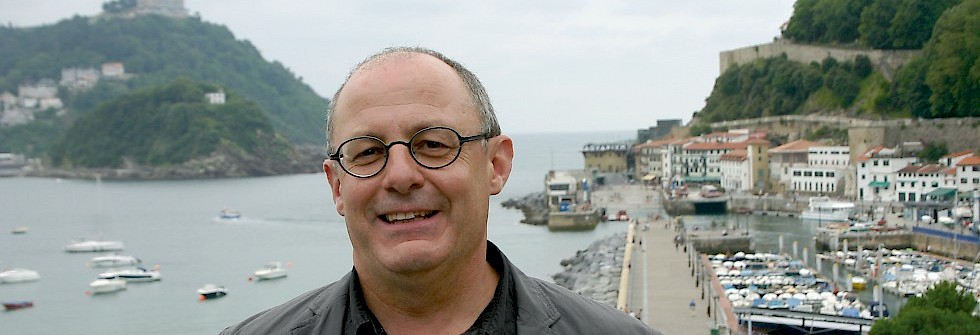 Photo: Office of the mayor of San Sebastian
Photo: Office of the mayor of San Sebastian
